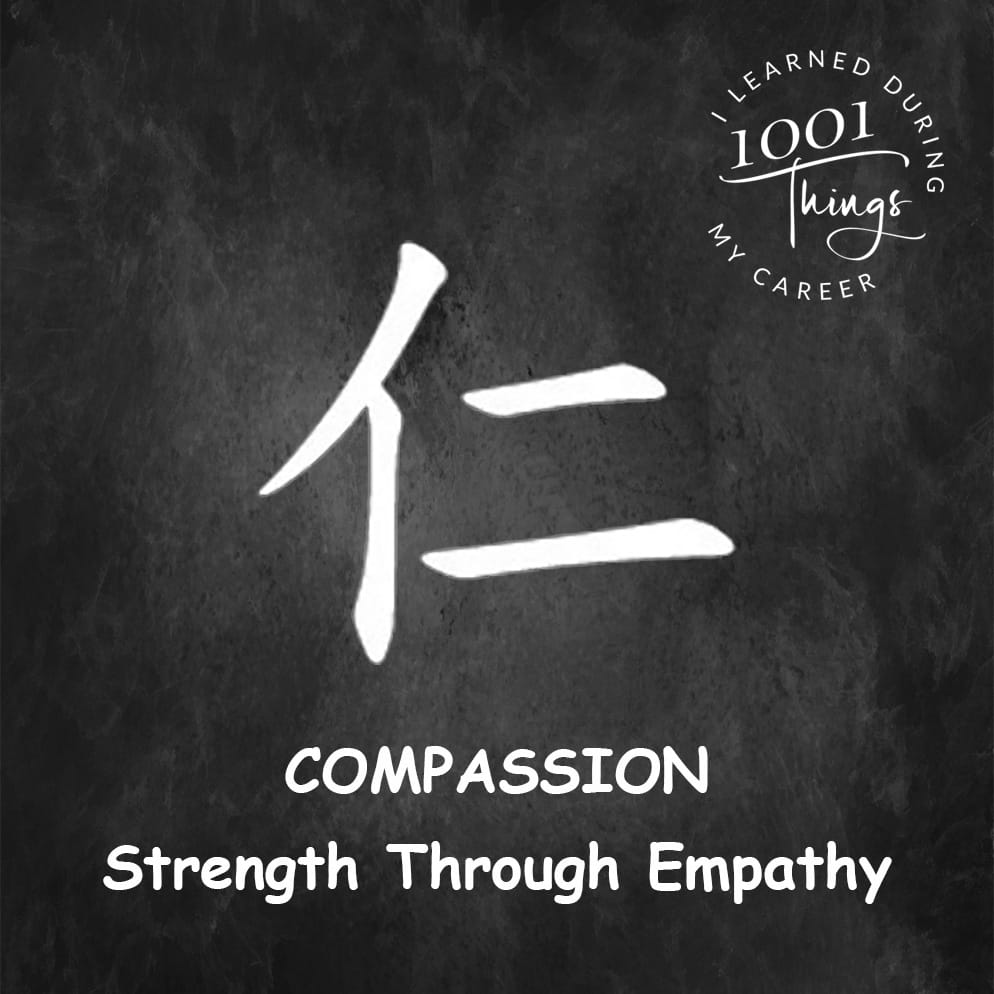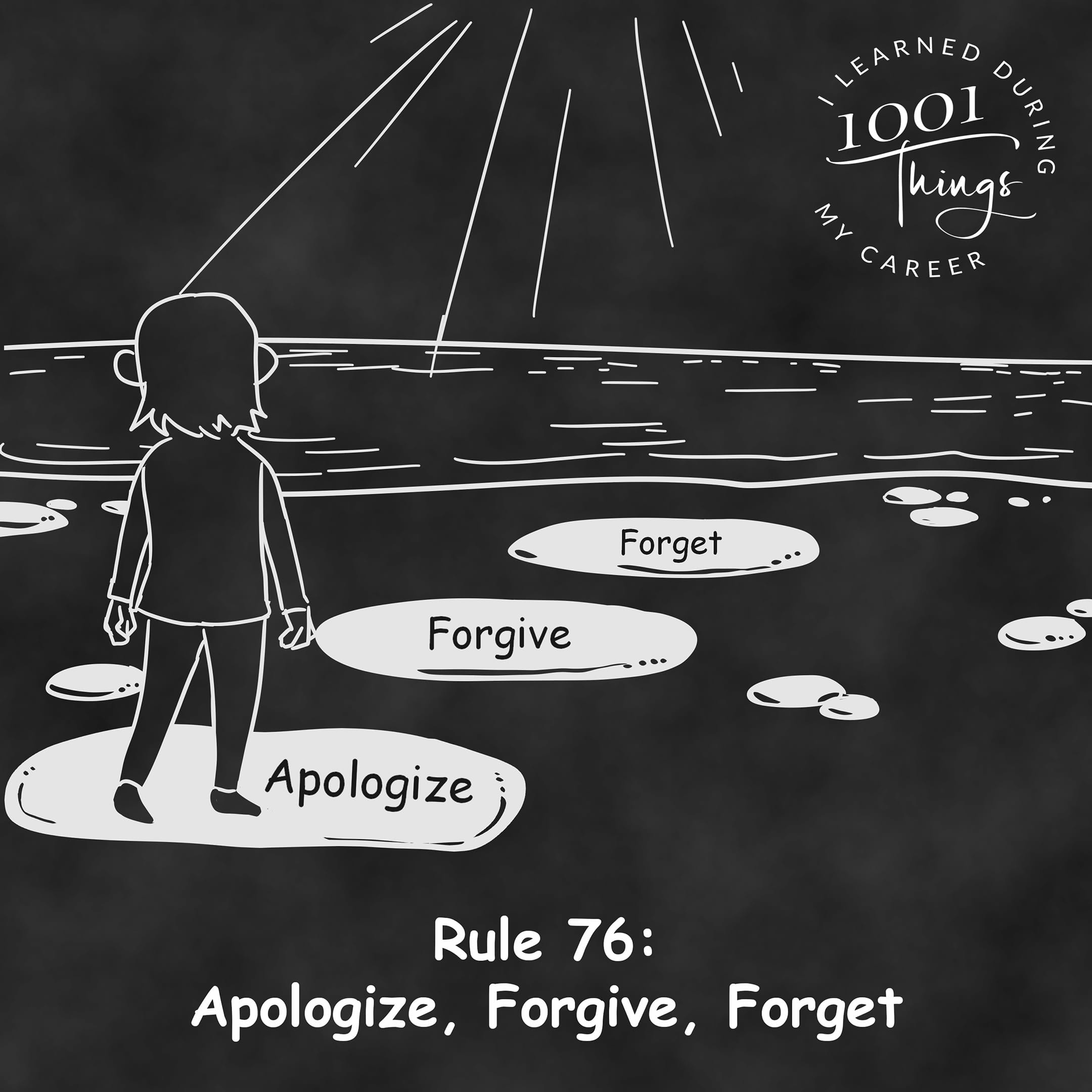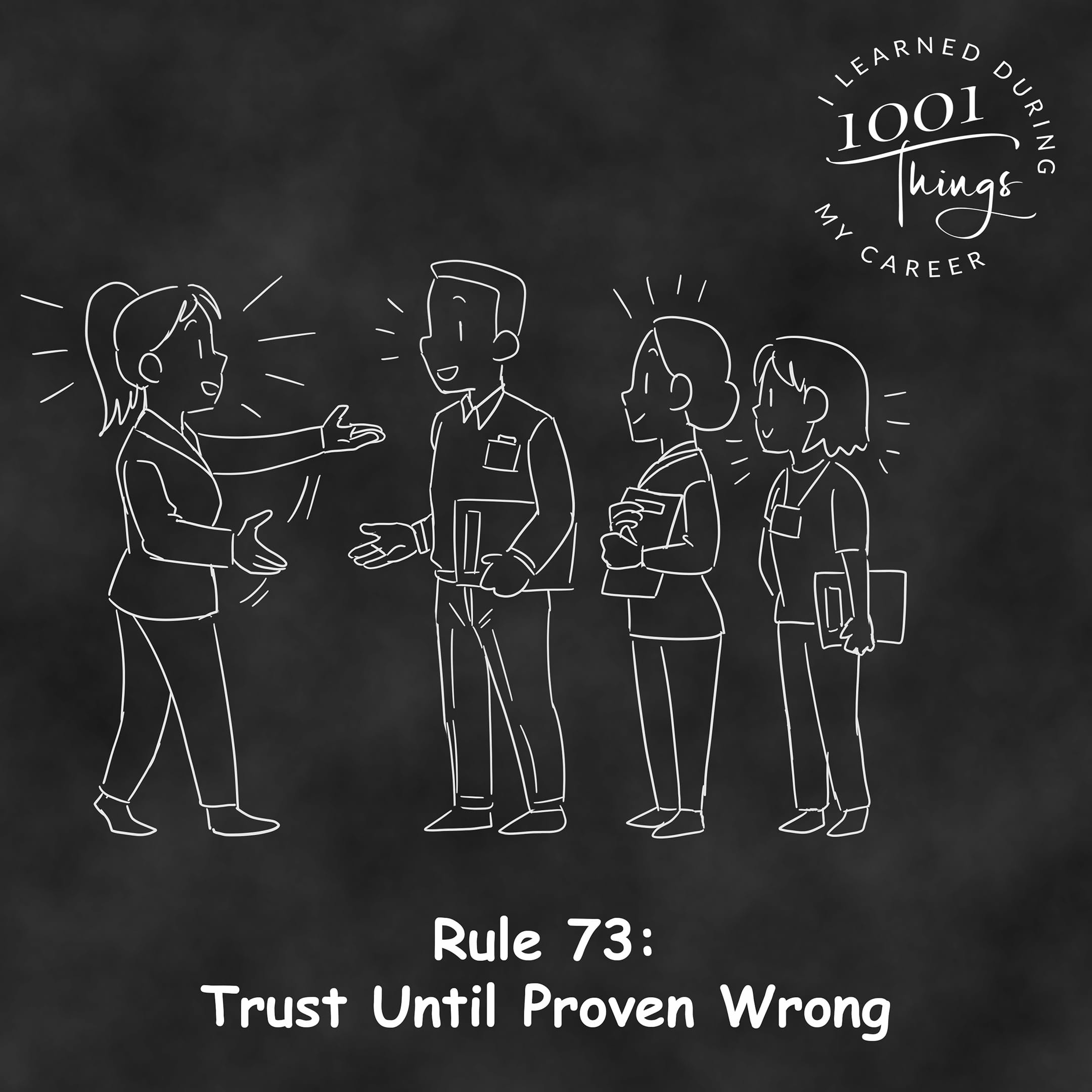Compassion is often mistaken for weakness, but in reality, it is one of the greatest strengths a leader can possess. In Bushido, Jin (仁) represents benevolence, empathy, and kindness toward others. The Samurai were warriors, but they were also expected to act with a deep sense of justice and care for the people they protected. True strength was not just about power in battle but also about using that power responsibly to support and uplift others.
In leadership, compassion fosters trust, engagement, and loyalty: a leader who genuinely cares about their people creates an environment where individuals feel valued, respected, and empowered. Compassion does not mean avoiding tough decisions or being lenient – it means leading with emotional intelligence, understanding the struggles of others, and ensuring fairness and justice in all actions.
One modern example is Jacinda Ardern, former Prime Minister of New Zealand, who was widely recognized for her compassionate leadership style: during crises such as the Christchurch mosque attacks and the COVID-19 pandemic, Ardern demonstrated empathy, actively listening to her people and making decisions based on their well-being. Her ability to connect with citizens on a human level strengthened national unity and trust in leadership.
In business, Satya Nadella, CEO of Microsoft, transformed the company’s culture by emphasizing empathy and emotional intelligence. He encouraged a shift from a competitive, individualistic mindset to a collaborative, inclusive workplace. Under his leadership, Microsoft has thrived, proving that compassionate leadership fosters both innovation and business success.
Compassionate leaders are not only concerned with profits and efficiency but also with the human impact of their decisions. They recognize that success is not just about numbers – it is about people.
As you reflect on Jin, ask yourself:
- Do I take the time to understand and support those around me?
- Do I balance strength with kindness in my leadership?
- Do I create a culture where people feel valued and respected?
Compassion in leadership does not mean avoiding tough decisions, it means approaching them with fairness and humanity. It is about using influence to lift others up rather than tear them down. A leader with compassion builds not just a successful organization, but a legacy of care and positive impact that endures far beyond their tenure.





